Learn to understand the
fundamentals of animal feeding and
nutrition.
- Domestic and wild animals
- Pets and livestock
- Essential learning for animal owners
- CPD for people working with pets, on farms, zoos or animal shelters
Whether you own animals as pets, care for animals
professionally or have farm animals, this course will guide you through
the many different and important considerations for effective animal
nutrition.
Some feed types which are suitable for feeding one animal species, may
be totally inappropriate for a different animal. Learning about feed
composition and animal nutrition requirements is fundamental in any
aspect of animal care.
The Feeding Animals Short Course covers 10 lessons including an
introduction to feeding animals and industry opportunities, the
composition of feed, forage, concentrates, feed additives, managing feed
production and supply, feeding small companion animals and pets,
feeding livestock, feeding wildlife and finally eating and nutritional
disorders in animals.
The Lessons
LESSON 1 INTRODUCTION TO FEEDING ANIMALS AND INDUSTRY OPPORTUNITIES
Eating and drinking anatomical adaptations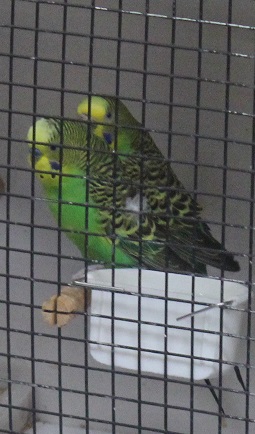
Classification of animals – mode of feeding or feed types
Mode of feeding classification
Digestive systems – general and specialised
Recent animal feed industry concerns
Industry opportunities and employment
Working in animal feed industries
Review what you have been learning
LESSON 2 THE COMPOSITION OF FEED
Feed analysis
Classification of feed stuffs & animal protein sources
Protein
Carbohydrate
Fibre
Fats (lipids)
Vitamins
Minerals
Review what you have been learning
LESSON 3 FORAGE
Composition of plant tissues as an animal food
Terms used to describe aspects of feed quality
Pasture / grass
Pasture hays
Silage
Root crops
Trees for fodder
Review what you have been learning
LESSON 4 CONCENTRATES
Review what you have been learning
LESSON 5 FEED ADDITIVES
Review what you have been learning
LESSON 6 MANAGING FEED PRODUCTION AND SUPPLY
Hay and silage production
Grassland management – promoting the health of the pasture
Grassland management – promoting the nutritional intake of animals
Pasture management principles
Hydroponic fodder production
Managing feed supply
Review what you have been learning
LESSON 7 FEEDING SMALL COMPANION ANIMALS AND PETS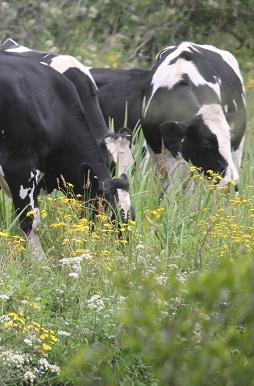
Dogs
Cats
Rodents
Rabbits
Ferrets
African pygmy hedgehog
Birds
Fish
Review what you have been learning
LESSON 8 FEEDING LIVESTOCK
Browsers, grazers, intermediate feeders
Pigs
Chickens
Cattle
Sheep
Goats
Deer
Alpacas
Llamas
Horses
Feeding routines and procedures
Review what you have been learning
LESSON 9 FEEDING WILDLIFE
Reptiles
Amphibians
Birds
Mammals
Pandas and their relatives
Marsupials
Lagomorphs and rodents
Wild carnivores
Ungulates
Review what you have been learning
LESSON 10 EATING AND NUTRITIONAL DISORDERS IN ANIMALS
Review what you have been learning
Final assessment
SAMPLE COURSE PAGES
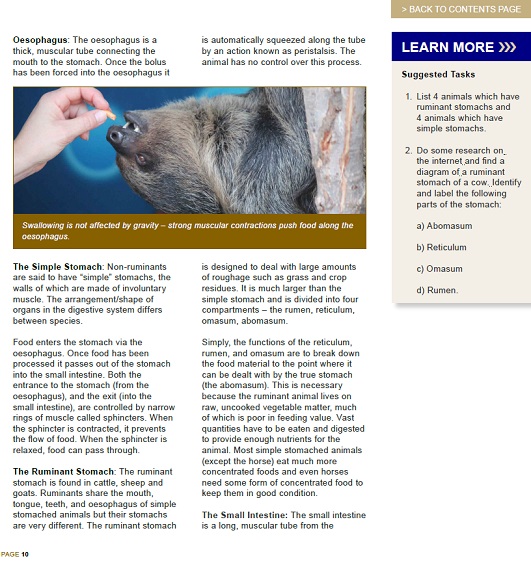
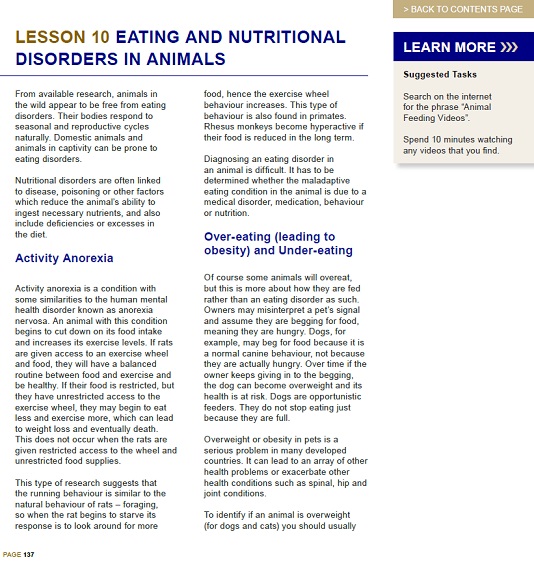
AFTER YOUR STUDIES
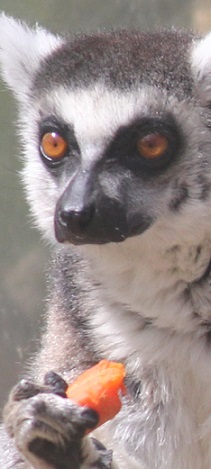 For many graduates this course will be as far as you ever want to go with formal study about animal feeding. If you are a farmer or pet owner, it can be an extremely sound foundation for looking after animals in your care.
For many graduates this course will be as far as you ever want to go with formal study about animal feeding. If you are a farmer or pet owner, it can be an extremely sound foundation for looking after animals in your care.
If however, these studies wet your appetite for more, the opportunities do exist to explore and become far more involved with the animal feed industry.
WORKING IN THE ANIMAL FEED INDUSTRY
If you finish this course and still have a thirst for more; talk to one of the tutors and find out more about opportunities that may exist to learn more and work within the animal feed industry.
The great news is the links between animal feeding and industry opportunities are endless.
You don’t need to be working with or seeking employment with animals to need the information in this book – even if you don’t work directly hands-on feeding animals, there are numerous lines of employment of industry related opportunities within sciences, sales, agriculture and education in which animal feeding is relevant and necessary.
If you do already with work animals then the opportunities are exciting!
- If you work in a retail or sales environment, you could become an animal nutrition specialist.
- If you work in an animal care environment, you could become the “go-to” person to ensure rations and supplements are correct.
- If you work in a stud or breeding environment, you could be responsible for ensuring adequate nutrition is provided to pregnant, lactating animals and their young.
- If you work in the agriculture sector, you could adjust pasture management practices around pesticide management or feed modifications to improve health and wellbeing of stock.
Humans are considered to be animal lovers – most of us care about the wellbeing and health of animals whether they are companions, livestock or the wildlife around us. We enjoy the company of animals and we enjoy seeing them in their natural environments in wildlife parks, sanctuaries or zoos. We dislike the mistreatment or cruelty of animals and most people are opposed to behaviours which impact on animal welfare.
So before deciding if you want to work in a particular job, you should consider:
- Are you more comfortable being with people, with animals, or alone (perhaps with a computer)?
- Are you good with live animals?
- Do you like physical activity?
- Do you prefer being outside or inside?
- Are you good with biological science?
- Do you enjoy being with animals?
- Do you enjoy being with people who like animals?
- Are you uncomfortable standing in front of a group of people?
- Are you able to talk to strangers or do you prefer working with people you know?
- Do you prefer working one to one with people?
- Do you like working in a group situation?
- Do you like helping other people to learn and change?
- Do you like giving people knowledge?
- Do you like helping people to solve problems?
Think about your answers to these questions. They may not all be relevant, but think carefully about where your skills and challenges lie, and what makes you feel at your happiest.
